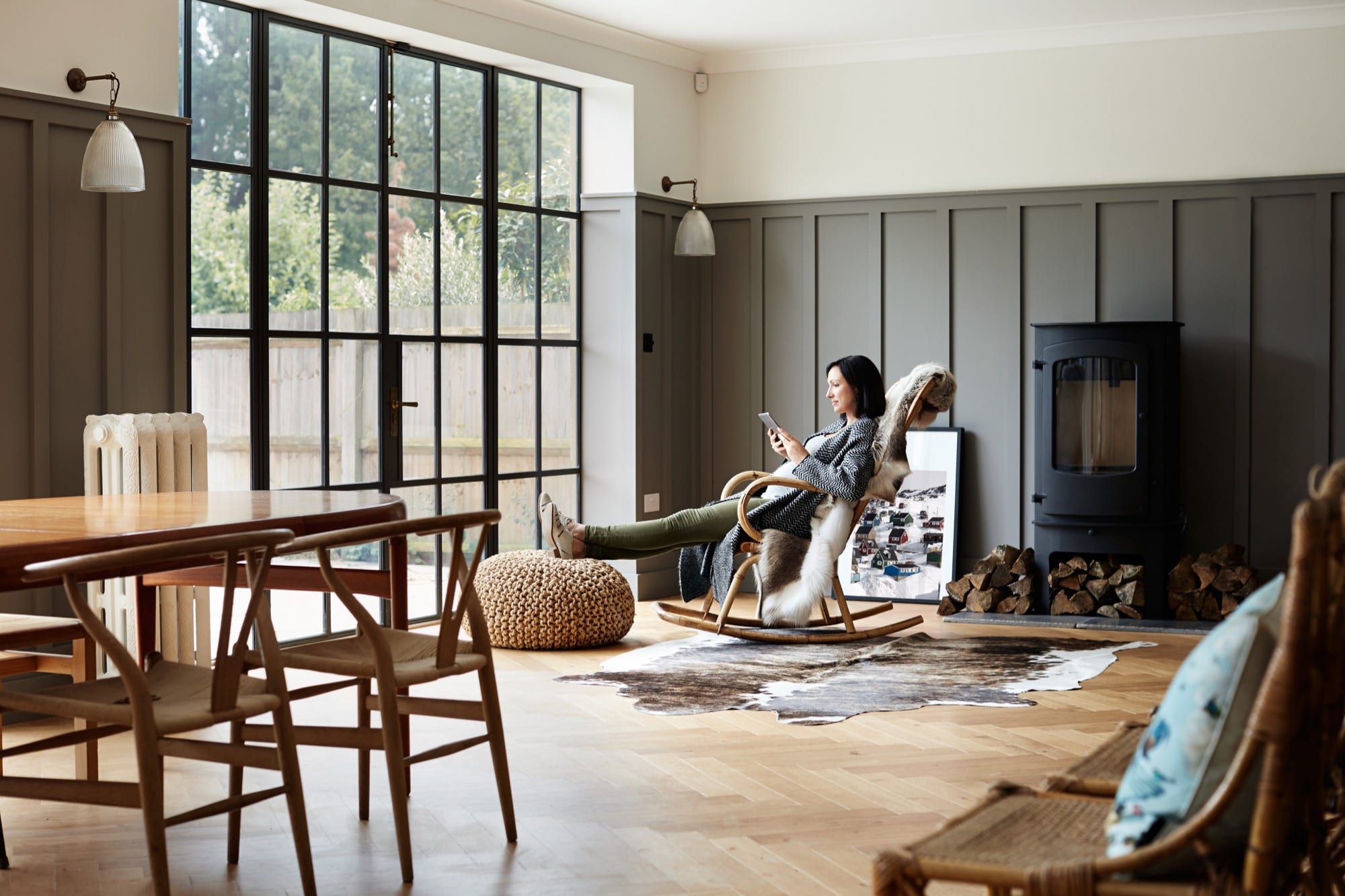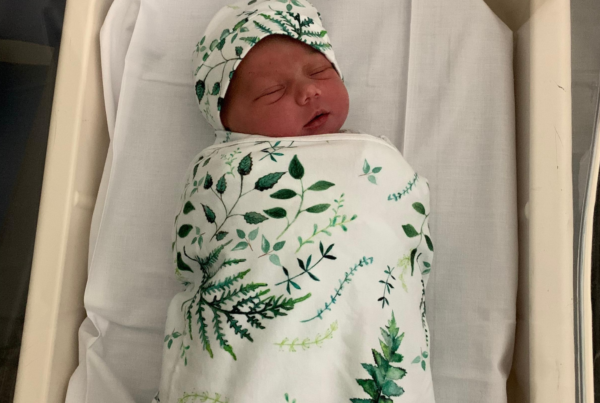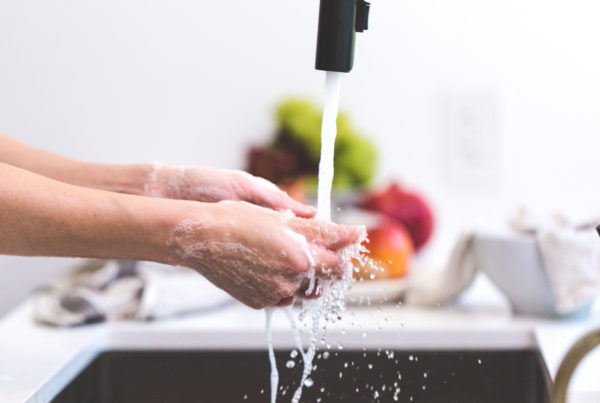To learn to release or ease tension through different techniques of relaxation is very important to help cope with and ease the pain and stress of labour – a tense muscle is a potentially painful one. Relaxation includes the body as well as the mind and techniques need to be practised regularly so they are very familiar and be easily called upon during labour and times of stress in other situations. Remember that labour pain is usually POSITIVE pain – at the end of the process, you have a result… a lovely baby.
Our usual response to pain is – fast uncontrolled breathing leading to pins and needles in hands and feet and then on to carpopedal spasm, tense shoulders rising up toward the ears, screaming and yelling uncontrollably. In labour these responses do not help with relaxation or in easing the pain so here are some suggestions:
Visualisation
Get into a comfortable position, not necessarily lying down and concentrate on your exhaled breath. This will help release tension. A mental picture of a relaxing scene like a burning log fire or waves breaking on a beach can also help. This needs plenty of practice during pregnancy so it can be useful in labour.
Position in Labour
Accept that labour is painful and experiment with different positions so you know before you are in labour what feels comfortable (though in labour this may differ). An upright position is best – kneeling, standing, squatting, a birth stool – so gravity can help the labour progress by assisting the muscles of the uterus in their work of opening the cervix and pushing the baby through the birth canal.
Touch
Firm massage over the site of pain or discomfort. Sacral area – palm or hand or thumb pressure and circular massage over the area where the dimples are visible. Thighs – to help ease shaking, cramping, tired muscles. Massage of other areas that will help ease tension – shoulders, hands, feet and head (scalp). Effleurage – fingertip stroking of the abdomen during contractions can help and is often an unconscious response. Holding – constant firm pressure over affected areas – sacrum or low abdomen is often a good release for tension. Beware some women in labour hate being touched at all.
Breathing
Concentrate on slow, controlled breathing during contractions to help maintain relaxation. Breathe in through the nose and slowly release it through pursed lips, imagining blowing the pain away. This needs practice so start now!
Visualisation
As contractions become more intense, a positive means of pain relief is a release of feelings by sounds e.g sighs, groans, grunts, cries.
Support
It is very important to have one or more persons who can be with you during the labour to support, encourage and be as involved as mutually desired in caring for you through the process of labour and birth. A word of warning – too many people in and out of the room can put the labouring lady under pressure to perform (i.e have the baby sooner rather than later) and can also become a distraction.
Aromatherapy
Safe oils to use in pregnancy are – lavender, ylang-ylang, tangerine, mandarin, grapefruit, geranium, roman chamomile, rose bulgar, neroli. For massage oils – 15 drops of essential oil to 50 ml base oil (e.g almond oil or cold-pressed vegetable oil). Essential oils can be used in the bath or shower, combine with a base oil for massage or in a diffuser or oil burner (oil burners may not be allowed in a hospital because the flame near oxygen outlets can cause an explosion).In labour, oils for pain relief are rose, neroli, lavender, nutmeg, clary sage (do not use clary sage during pregnancy).
Other
Hot water – in labour a warm bath or shower can help ease the pain and is quite comforting. Remember not to have the water too hot as you may faint. A hand-held shower hose can be good to use as the water can be directed to the area most needing it.
Music – find out what kind of music you find relaxing and have a selection to play in labour. Try not to play the same playlist over and over or else it will remind you of pain when you hear it again. There are many playlists dedicated to relaxation so make sure you test some out prior to labour. Classical music is good, as is any music you like that doesn’t have too strong a beat, that is definitely not relaxing! In most hospitals, you will need to bring your own portable speaker.
Hot packs – more direct heat especially for a backache good so you can use a sports hot/cold pack or well covered hot water bottle or cloths soaked in hot water (not boiling) water. Sometimes heat and cold alternately applied can also help ease the tensions and pain thus helping you relax.




